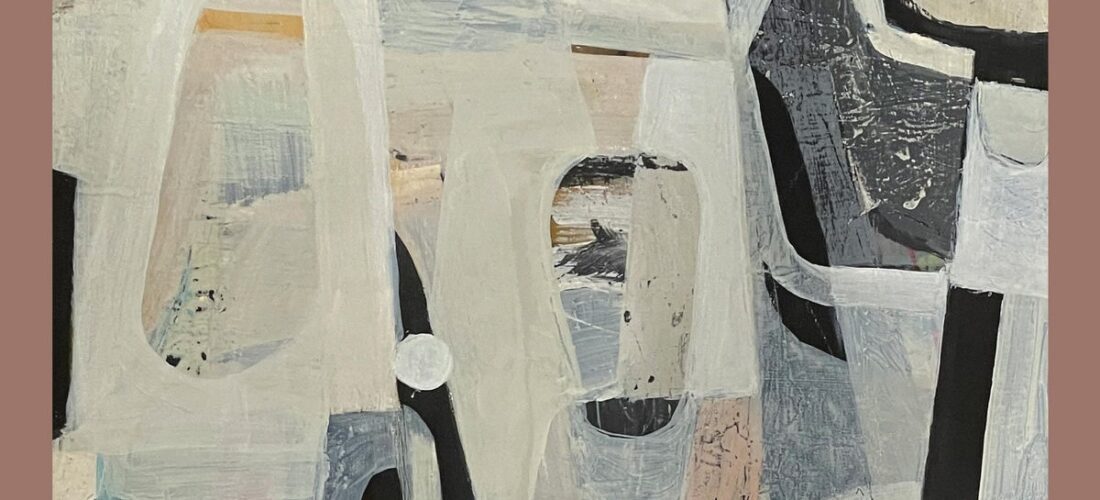In the 14 years between his first and second solo albums, James Devane completely retooled both his sound and the methods he used to achive it. Where 2008’s s/t built up swirling drones from looped guitar, his 2022 follow-up, Beauty Is Useless paired dense, soupy synth strokes with techno’s taut rhythms. With the much swifter sequel Searching, it’s starting to look like Devane makes a habit of reinventing his approach on every release. Exactly how he made the music is unclear; the label vaguely notes hours of source material (presumably the artist’s own) run through custom software, and fashioned into tracks that play fast and loose with musical key, tempo, and rhythm. All that complexity appears to lie beneath an unusually simple interface: in Devane’s words, “a search button and a save button.”
When an artist hands the reins to software—hardly an unusual practice in 2024—it’s not always clear where the technology ends and human creativity begins. Yet similarities between Beauty Is Useless and Searching—which Devane frames as a companion piece to its predecessor—help locate the person within the process. On both records, a smoky, clandestine quality clings to the synths and murky rhythmic elements, recalling gloaming air that permeates the work of Kassem Mosse and other artists on Germany’s Workshop label.
If Beauty Is Useless was largely guided by an even-tempered 4/4 pulse, Searching jettisons that framework in favor of a much more disruptive listening experience. The more fully formed tracks have a meandering, structureless quality interrupted by abrupt endings and brief sketches —alarming 10-second blasts of noise that sound like the digital equivalent of scrubbing through recorded tape as quickly as possible. It’s a playful analogy that foregrounds Devane’s conceptual process, with its apparent emphasis on cycling through found sounds.
Even in the cyclical ambiguity of techno, a lack of formal structure can be risky, and Devane leans into the chaos. On Searching, crispy percussive sequences play against each other in mismatched time signatures, yielding a kind of mutant funk. Yet the forced looping of these contrary musical elements—especially noticeable on “One Place”—harness even the most disjointed rhythms into surprisingly fluid grooves. Aided by the woozy comfort of the machine-soul synth blooms, stubborn loops are seductive, in their own weird way, even without the comfort of a conventional toe-tapping pulse or journeying narrative.
The jarring effect of the rhythmic disturbances has its own charm, but the more stable moments on the record are easier to sink into. The mesmerizing melancholy of “No More No Less” recalls the yearning, misty-eyed quality of Actress’ breakthrough albums; similarities with Darren Cunningham’s off-center vision of techno abound in Devane’s crooked thump and low-res aliasing.
